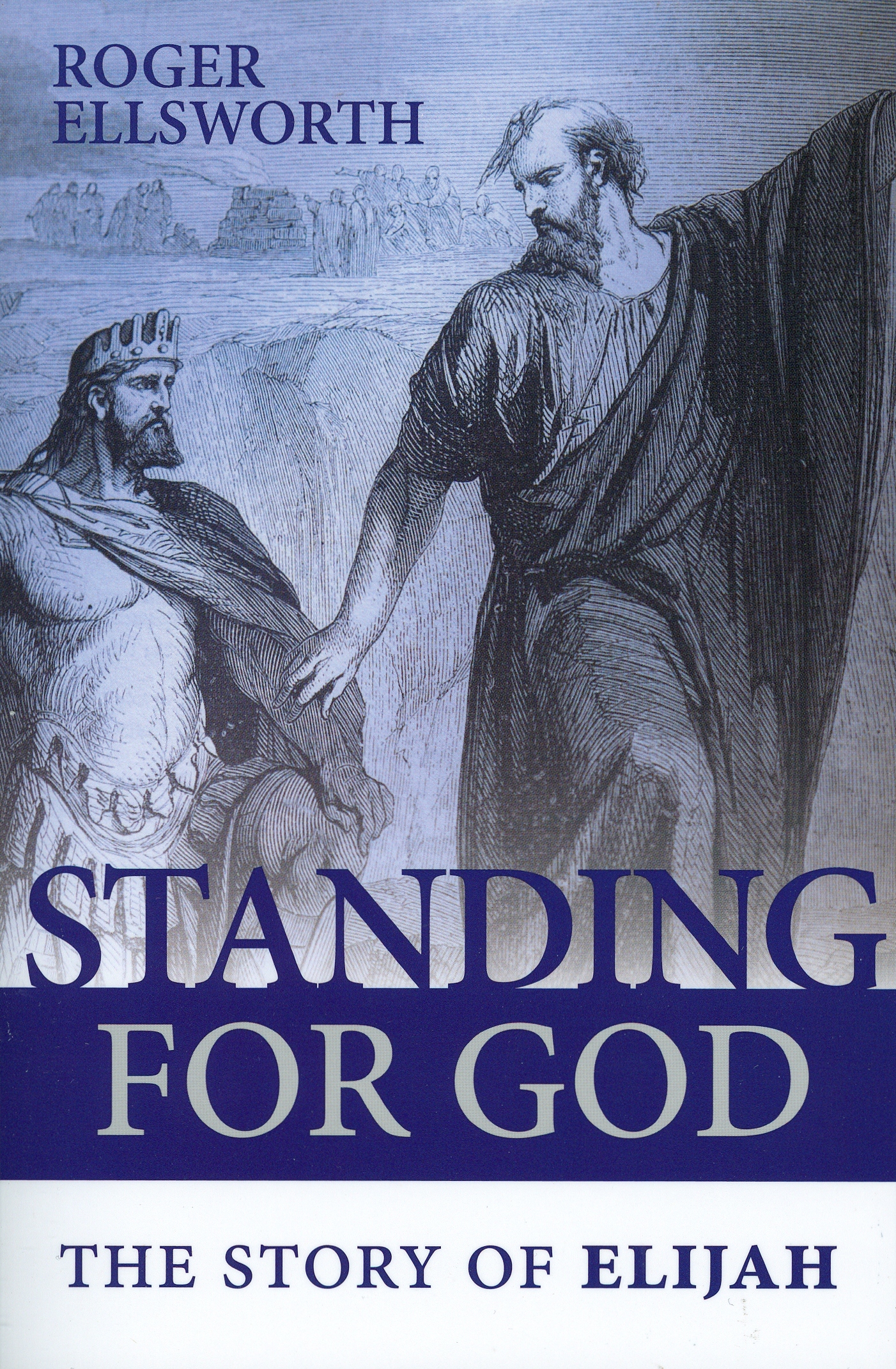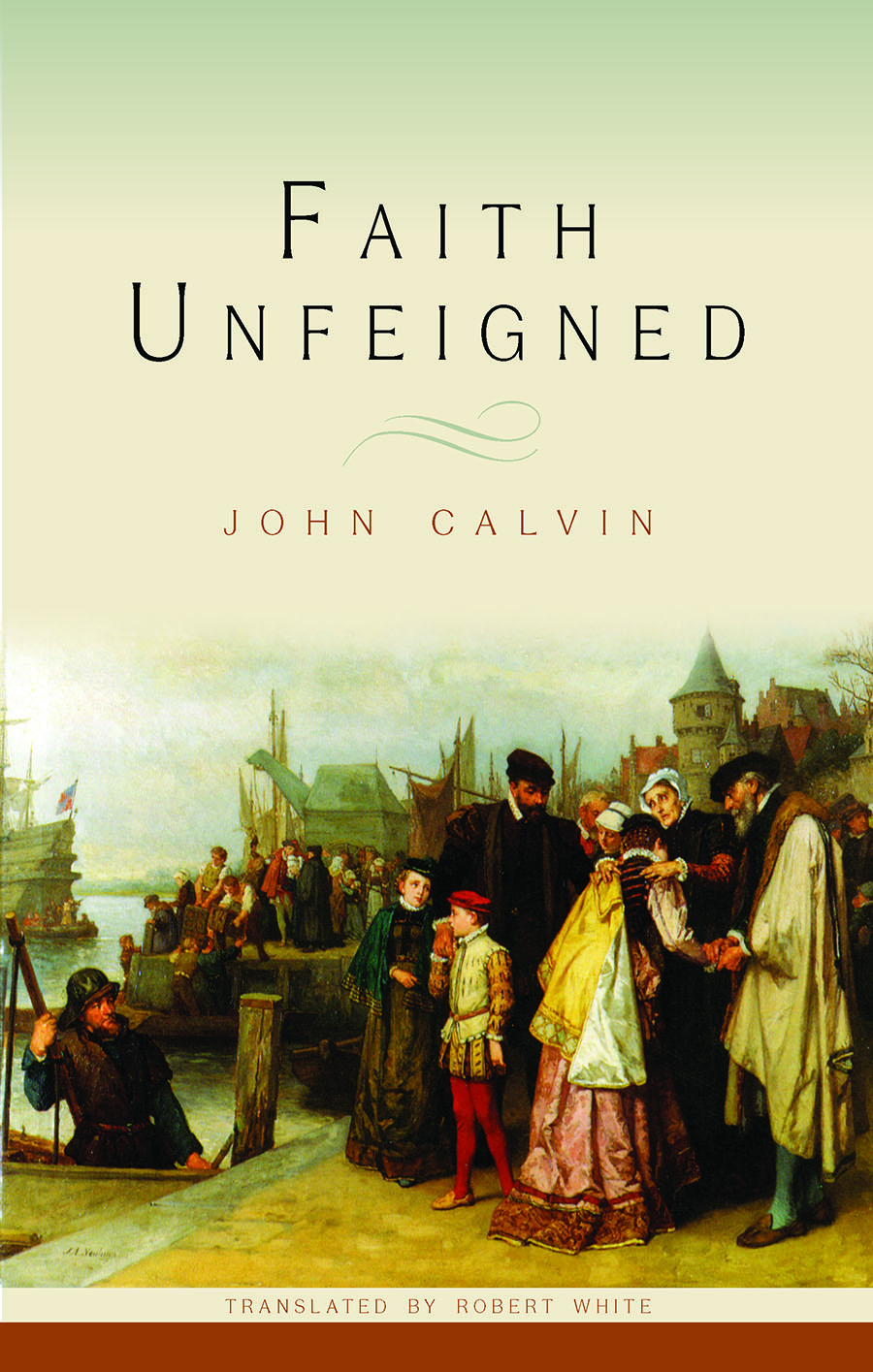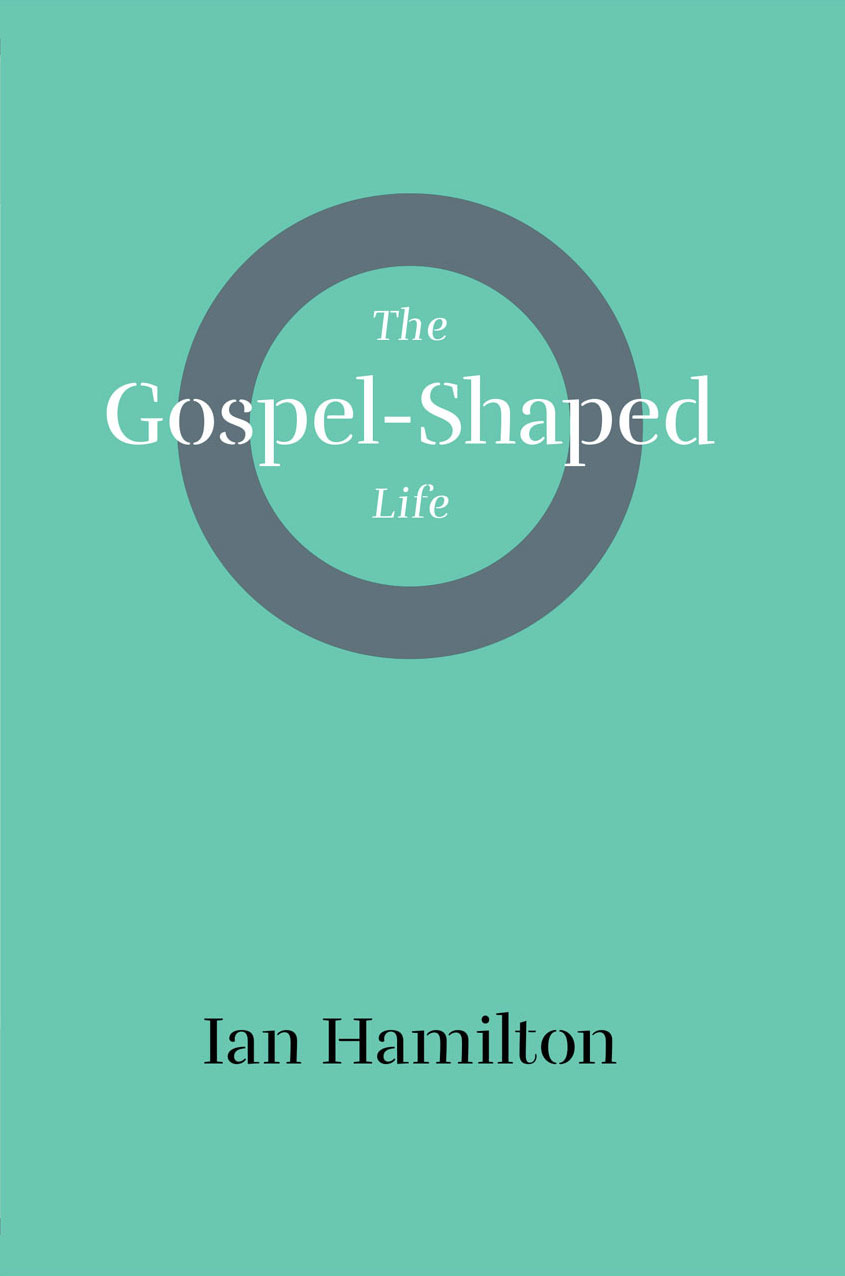On Being a Contemporary Christian
One of the most difficult things at present for the Reformed Christian is to strike a balance between yesterday and today. This is not perhaps surprising. The Reformed Christian believes that in the sixteenth century the Reformers recovered the biblical faith, and that no Protestant ministry has excelled that of the seventeenth century. Reformers and Puritans have together given the churches an enormous wealth of theological learning and pastoral insight. Our attention to the past is reinforced by the present failure of the churches, and by the ways in which the Reformation is ignored by Christians at large. It is enormously beneficial to be made aware of our heritage in this way, for besides educating us in the faith the Reformers and Puritans remind us that in an important sense the Christian message does not change, and is not to be made to change; they counter the half-belief of many of our fellow-evangelicals that the years between Acts 28 and the coming of Moody and Sankey were of little importance; and, in a day of small things, they connect us to the historic Christian faith in an exhilarating way.
The question is, how do we stop this historical interest becoming a strait-jacket for out thought and action? How can the balance be struck between the historic faith and our modern situation? How do we avoid the charge of culpable escapism? For we surely cannot doubt that our day has its peculiar stamp and character, to put it no higher. To mention a few things–enormous wealth, vast urban populations untouched by the gospel, growing leisure, the absence of social restraints, the omni-presence of the mass-media, an enormous variety of thought and outlook on moral and social questions, and, perhaps more important than all these, a society that is rapidly and continuously changing in all these ways. Yet an outsider might be forgiven for thinking that our only pressing problem was the ecumenical movement! To some the very idea of applying the biblical faith anew seems to be anathema, while to other Christians there is no problem–the latest just is the best. But for those who value the biblical and Reformed faith, and wish at the same time to be all things to all men (like the apostles), it is a problem. How is it to be faced? In what sort of terms can we meet it? What sorts of considerations are relevant?
Providence
The first thing to be said is that the Reformed faith in no way sanctions hideaway Christians. How is this? That Christians are to be modern men, i.e. men of their own day, is surely one conclusion that must be drawn from what we confess about the providence of God. ‘God, the great Creator of all things, doth uphold, direct, dispose, and govern all creatures, actions, and things, from the greatest even to the least, by his most wise and holy providence, according to his infallible foreknowledge, and the free and immutable counsel of his own will, to the praise of the glory of his wisdom, power, justice, goodness and mercy’.1 At first sight it is not clear how the one follows from the other, for we are inclined to think of providence in personal terms (what is providential for us as individuals) and in exceptional terms (particular happenings are providential). Yet it follows from the teaching of the Westminster Confession that, according to Scripture, God is lord of history, and hence lord of our contemporary situation. He has not disowned his world, or retreated from it, or allowed it to ‘idle’. Rather he upholds all things, for his own pure and wise purposes.
From time to time the thinking of orthodox people has become infected with deism. For instance, many think or have thought of miracles as being essentially supernatural interferences with or temporary suspensions of the laws of nature. But Scripture does not encourage us to think in terms of nature-supernature in this way; rather, as Calvin puts it, our Creator ‘sustains, nourishes, and cares for, everything he has made, even to the least sparrow’. There is no difference in principle between ‘natural’ and ‘supernatural’ events. In the same way there is no difference in principle between one stretch of history and another. If we are nostalgic for the seventeenth century this is a sure sign on ‘cultural deism’. The implication of such an attitude is that God was at work then but is not at work now. But if we believe in providence then we must allow that God has purposes for the present as he had for the past. Of nothing can it be said that it is outside the will of God. Contemporary events have significance because they relate to the will of God. If we ‘abandon’ the present then at that point we abandon our confession of divine providence.
Nostalgia, Fatalism, Contempt for the Facts
It follows that if the connection between the past and the present is to be made in terms of the will of God (this is not of course to say that everything that happens is expressive of the revealed will of God) then a certain sort of nostalgia is inappropriate for the Reformed Christian. He will thank God for the past, bless God for ways in which his truth has been made clearer and plainer, but never wish to be back there. For God’s purposes have moved on, and he does not occupy this particular segment of space and time by accident. Contemporary problems and challenges press upon us, and to hide from them would be foolish; but to hide from them in the name of Christian truth is much worse. Do we seriously think that we can act responsibly in [our day] simply by taking down the appropriate book from our shelves? Supposing the Puritans themselves had done this? Or Athanasius? Or Luther? Or Edwards? To us they are remarkable figures in Christian history from whom we can all learn. But to themselves they were contemporary men, seeing their day in terms of God-given challenges and opportunities. Happy for us that they did; they are remarkable figures because they were contemporary men.
Nostalgia is a deadly thing if it robs us of the significance of the present. We cannot turn the clock back. History does not repeat itself. A study of these men should rekindle our vision, not make us groan for the good old days.
Our belief in providence should put paid to a hand-wringing fatalism. We are not to make the happenings of the past the standard of our future expectations. (Do we not believe in sola scriptura?) For the Christian, history does not obey laws. There is nothing ‘inevitable’ about any projected course of events, for history is governed by the promises and the will of God. And contrary to folk-belief, a proper understanding of providence does not breed the despair of fatalism, but a trust in the Lord of providence. Who says that times must get worse, or that conditions must get more unfavourable for the gospel?
Failure to see our situation as providential will make us contemptuous of the facts. For a believer in providence a fact is a holy thing–he ignores it at his peril. For not to reckon with facts is to turn our backs on God. We are not of course concerned just here with the manifold ways in which facts may have to be reckoned with by the Christian;2 the crucial thing is that they have to be faced, and our Christian witness articulated to meet them. This does not mean ‘compromise’ or ‘accommodation’. All that is being said is that we cannot be oblivious to our situation and still remain faithful Christians. Some facts will call for new apologetic arguments, some for new ways of presenting the gospel; some facts will appear to help, some will appear to hinder. But no fact should make us hide; the moment we hide away we leave God’s world and enter one of make-believe. We can expect our witness to become distorted and ineffectual.
The Alternatives
We should be clear about the alternatives. If, for whatever reason, we remain transfixed by the seventeenth-century situation then our Reformed and evangelical witness will take on the form of an elaborate parlour game, a sort of religious ‘Scrabble’. Whatever we might think about our life and witness we shall in effect have become a middle-class Protestant cult catering for an eccentric minority. We will be engulfed and forgotten, and will deserve to be. On the other hand it is not at all easy to face up to our situation realistically. We cannot have entrenched or prepared positions. We will have to face our problems and challenges as we come to them. But, like the Reformers and Puritans before us, our trust will be in the Lord of history, the God and Father of our Lord Jesus Christ. In this direction lies the path of duty for the renewing of the Reformed faith in our land. Who can doubt this?
This article was first published in the July-August 1968 edition of the Banner of Truth magazine (Issue #58)
Notes
- Westminster Confession of Faith V. I.
- What I am arguing is that it is part of Christian integrity that problems be looked at on their merits, with all the relevant facts fed into them; such facts might be, for instance, the new Roman Catholic Directory on Ecumenism, the existence of life-prolonging drugs, the cultural exposure of young people, plans for new towns. Just what account should be taken is a matter for prolonged discussion amongst Christians.
Of Further Interest

Standing For God
The Story of Elijah
Description
One of the most difficult things at present for the Reformed Christian is to strike a balance between yesterday and today. This is not perhaps surprising. The Reformed Christian believes that in the sixteenth century the Reformers recovered the biblical faith, and that no Protestant ministry has excelled that of the seventeenth century. Reformers and […]

Faith Unfeigned
Four Sermons Concerning Matters Most Useful for the Present Time with a Brief Exposition of Psalm 87
Description
One of the most difficult things at present for the Reformed Christian is to strike a balance between yesterday and today. This is not perhaps surprising. The Reformed Christian believes that in the sixteenth century the Reformers recovered the biblical faith, and that no Protestant ministry has excelled that of the seventeenth century. Reformers and […]

Description
One of the most difficult things at present for the Reformed Christian is to strike a balance between yesterday and today. This is not perhaps surprising. The Reformed Christian believes that in the sixteenth century the Reformers recovered the biblical faith, and that no Protestant ministry has excelled that of the seventeenth century. Reformers and […]
Latest Articles
Finished!: A Message for Easter 28 March 2024
Think about someone being selected and sent to do an especially difficult job. Some major crisis has arisen, or some massive problem needs to be tackled, and it requires the knowledge, the experience, the skill-set, the leadership that they so remarkably possess. It was like that with Jesus. Entrusted to him by God the Father […]
Every Christian a Publisher! 27 February 2024
The following article appeared in Issue 291 of the Banner Magazine, dated December 1987. ‘The Lord gave the word; great was the company of those that published it’ (Psalm 68.11) THE NEED FOR TRUTH I would like to speak to you today about the importance of the use of literature in the church, for evangelism, […]
